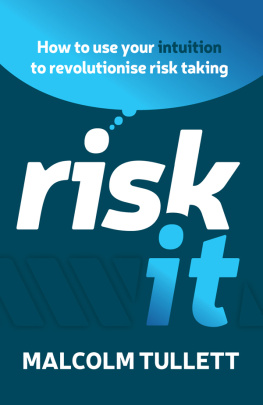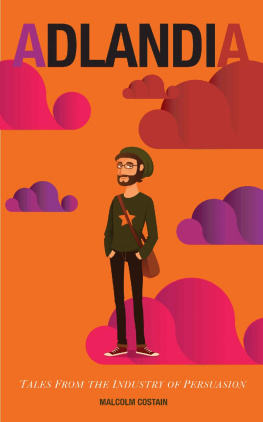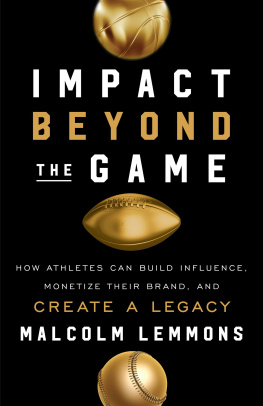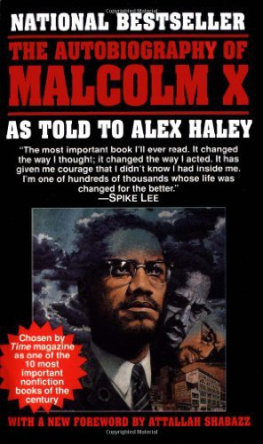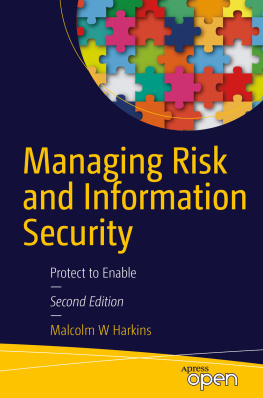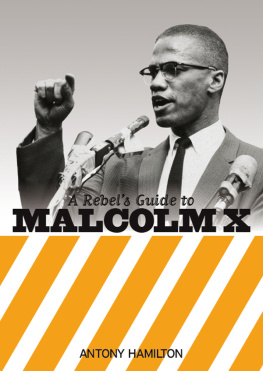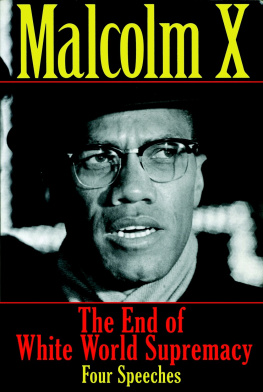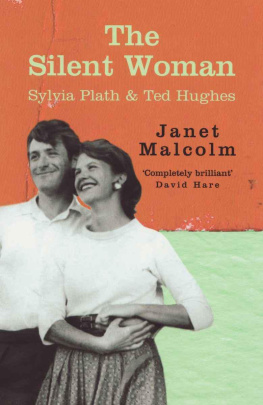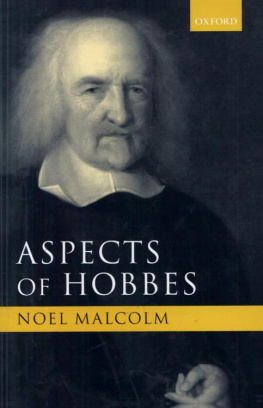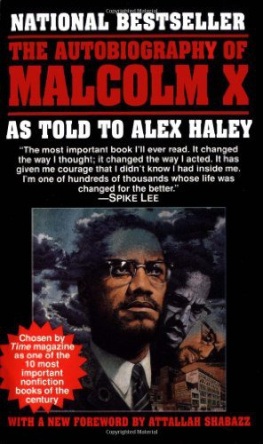Contents
Guide
RISK IT
First published in 2021 by
Panoma Press Ltd
48 St Vincent Drive, St Albans, Herts, AL1 5SJ, UK
www.panomapress.com
Book layout by Neil Coe.
978-1-784525-25-5
The right of Malcolm Tullett to be identified as the author of this work has been asserted in accordance with sections 77 and 78 of the Copyright, Designs and Patents Act 1988.
A CIP catalogue record for this book is available from the British Library.
All rights reserved. No part of this book may be reproduced in any material form (including photocopying or storing in any medium by electronic means and whether or not transiently or incidentally to some other use of this publication) without the written permission of the copyright holder except in accordance with the provisions of the Copyright, Designs and Patents Act 1988. Applications for the copyright holders written permission to reproduce any part of this publication should be addressed to the publishers.
This book is available online and in bookstores.
Copyright 2021 Malcolm Tullett
DEDICATION
To my Mum and Dad, who unbeknown to me at the time equipped me with a unique insight to the esoteric part of my career. Mum, being an old-fashioned hospital matron, had a very down to earth approach to both health and safety, from personal hygiene to using the senses that most of us were born with. Dad helped me to develop that, again not that I knew it until after he died, by making me understand my sixth sense. I have much to be grateful for to both of them and I just wish I had listened even more when they were alive and they might have been here to read this book, although I am sure they will be watching over me together and have seen every word.
CONTENTS

COMMON SENSE
Our common sense is not common
How often have you heard the comment but surely it is just common sense, at home, at your club, your workplace or on the TV?
Well, if it were to be the case that most things in life could be addressed using common sense alone, then we would not also hear the argument that we do not need all these unnecessary procedures that just interfere with the task at hand or stop it altogether, would we?
Accordingly, let us just examine what common sense means in relation to how we all go about our daily lives, and later I will discuss the relationship between common sense and safe work practices.
Back in 2004, I read a book called The Wisdom of Crowds written by James Surowiecki, an American business columnist, writing for The New Yorker. His opening anecdote relates to a man called Sir Francis Galton, a respected English statistician from the Victorian era. In 1906 he made a discovery when he attended a farmers fair in Plymouth, where he became intrigued by a weight-guessing contest.
The goal was to guess the weight of an ox when it was butchered and dressed. Around 800 people entered the contest and wrote their guesses on the backs of their tickets. The person who guessed closest to the butchered weight of the ox won a prize. Once the contest had finished, Galton asked the stockman for the tickets to run them though a statistical analysis, and these were handed over as they had served their purpose and were being thrown away in any event. To his astonishment, he discovered that the average guess of all the entrants was just 1lb (0.45kg) short of the actual weight, which was remarkably close when considering it was 1,198lbs (543.4kg).
This collective guess was not only better than that of the winner of the contest but also better than each of the guesses made by cattle experts, who were precluded from entering the competition. In this instance, the common sense of the crowd led to a more accurate assessment of reality than any one individual. The fact that no one taking part knew the common sense made the process more interesting and probably why people wagered their cash to have a guess. Even those who were wildly off the mark, both higher and lower, added to the common sense by providing a counterbalance to each other, facilitating the average.
However, it must be said that Galton also suggested that to benefit from the common sense wisdom of crowds, several conditions must be in place. First, each individual member of the crowd must have their own independent source of information. Second, they must make individual decisions and not be swayed by the decisions of those around them. Third, there must be a mechanism in place that can collate their diverse opinions.
A good example of modern day common sense crowd decision making can be seen in an international television game show franchise of British origin called Who Wants to Be a Millionaire? All players are provided with several lifelines should they not know the answer to a particular question and one of these is called ask the audience. When chosen, every member of the audience is provided with a voting button and chooses between four possible answers to the question posed.
They all make a separate and individual vote, which are then collated and displayed for the contestant to view. Sometimes, the audience fails to provide a clear answer. However, on most occasions, just one of the answers will find favour with the audience and that produces a clear result. Generally, the contestant chooses that option and in a very high percentage of occasions it is the correct answer.
The common sense wisdom of the crowd will normally win the day.
Flying in the face of the common sense
To choose an answer that does not concur with the clear majority preference of the audience might also, perversely, be the right choice. This would mean flying in the face of the common sense, but everyone can be in a minority of even just one person and still be correct.
It is also worth noting that individuals cannot by definition possess this thing called common sense. In all respects, the often-used phrase she/he has no common sense is just a figure of speech and an oxymoron. As Galton suggested, individuals must act on their own knowledge or instinct and not be swayed by the decisions of others.
The same applies to you, your family, group of friends, work colleagues, community and even the rest of the world. Do you ever fly in the face of common sense, especially when it comes to your own safety or the safety of others? I know I do, regularly.
In fact, as part of my early naval training, my career in the Fire and Rescue Service and as a magistrate of over 30 years, I have grown accustomed to questioning the common sense of most things, as I am going to explain throughout this book. It is probably the most powerful driver to my writing it in the first place, especially as I have also often questioned the various interpretations of what lay behind the situations that have given rise to a variation of the opening statement of this book, but surely safety is just common sense.
So, before I share with you my experiences of the world of elf and safety, I would like you to put yourself in the mind of that very first person who looked out to sea, saw the horizon and decided that there just had to be something beyond. Would you have wanted to fly (or sail) in the face of the common sense, with no thought for your safety or that of your crew? The common sense at that time (ie the original Flat Earth Society) was that you would simply fall off the edge. However, as soon as you returned from your voyage of discovery, the common sense immediately changed to portray the earth as round.

